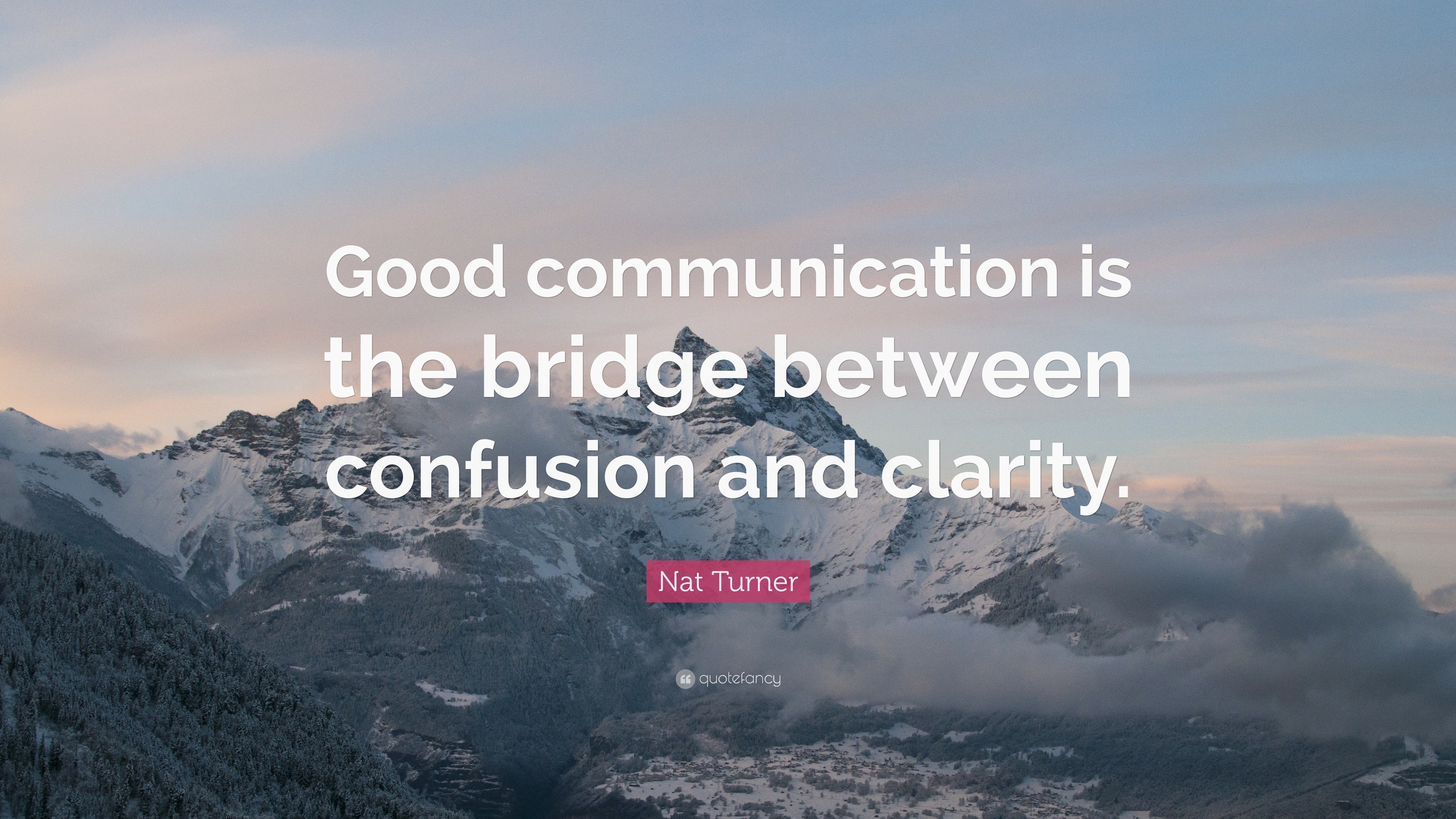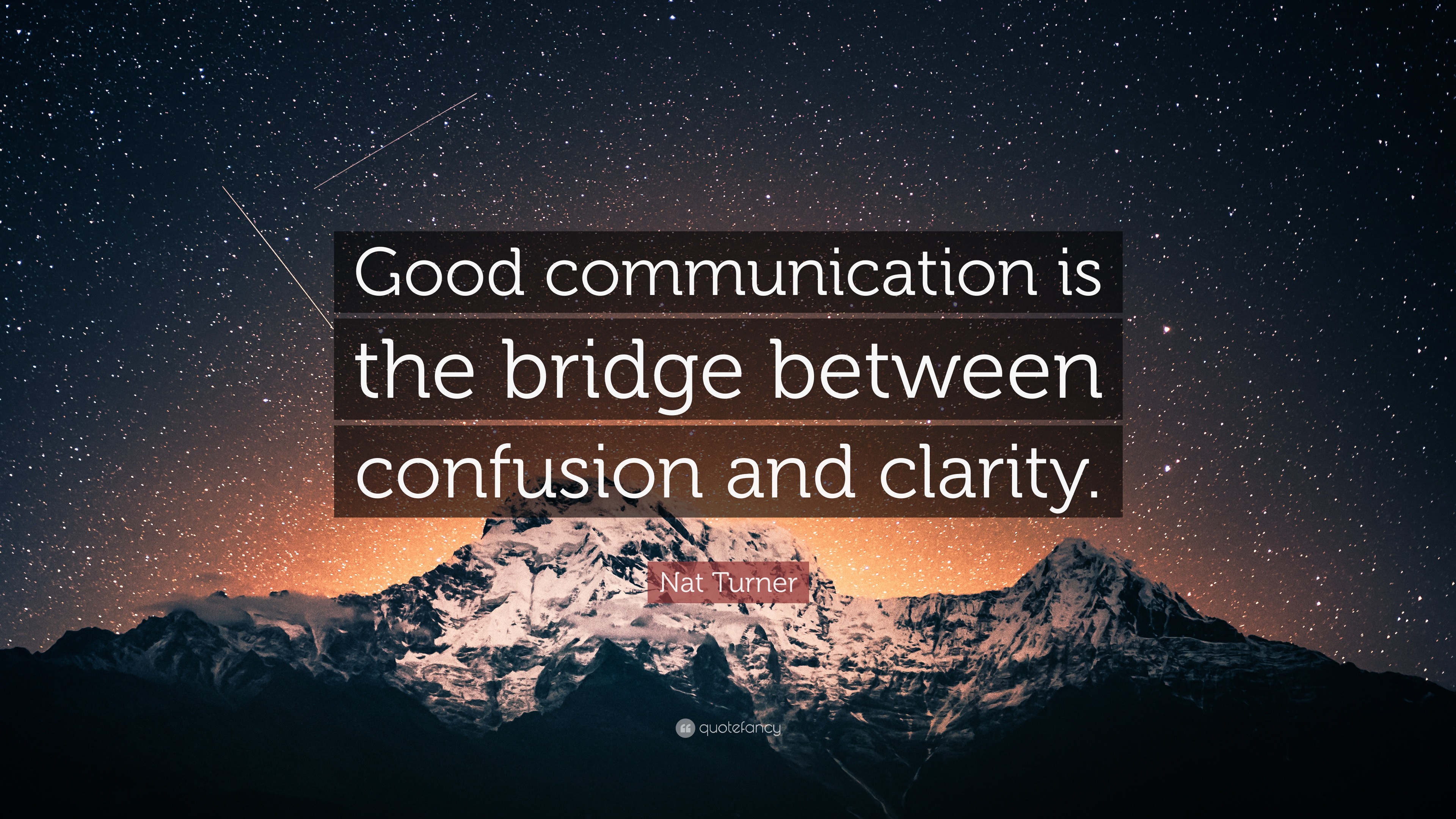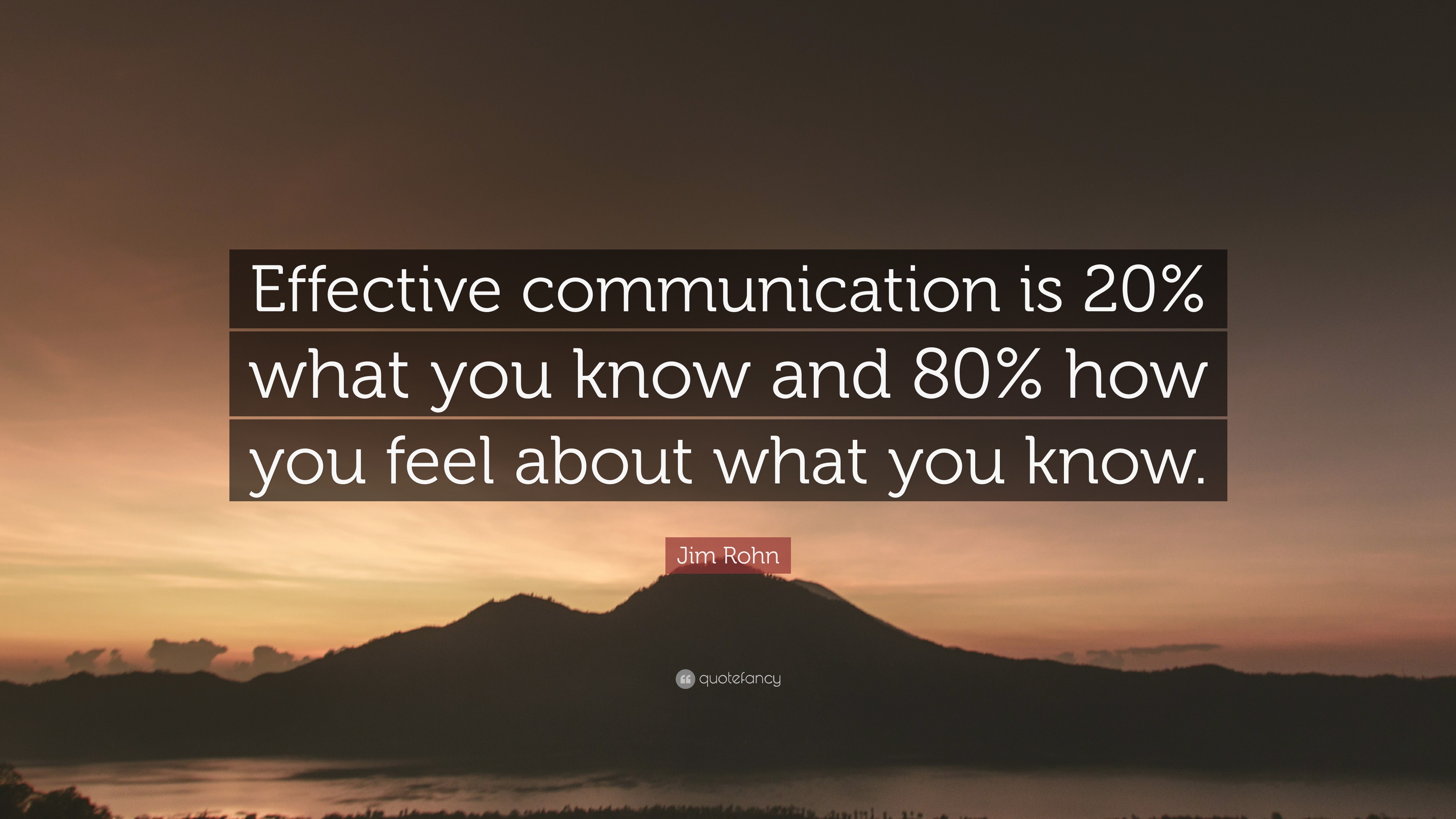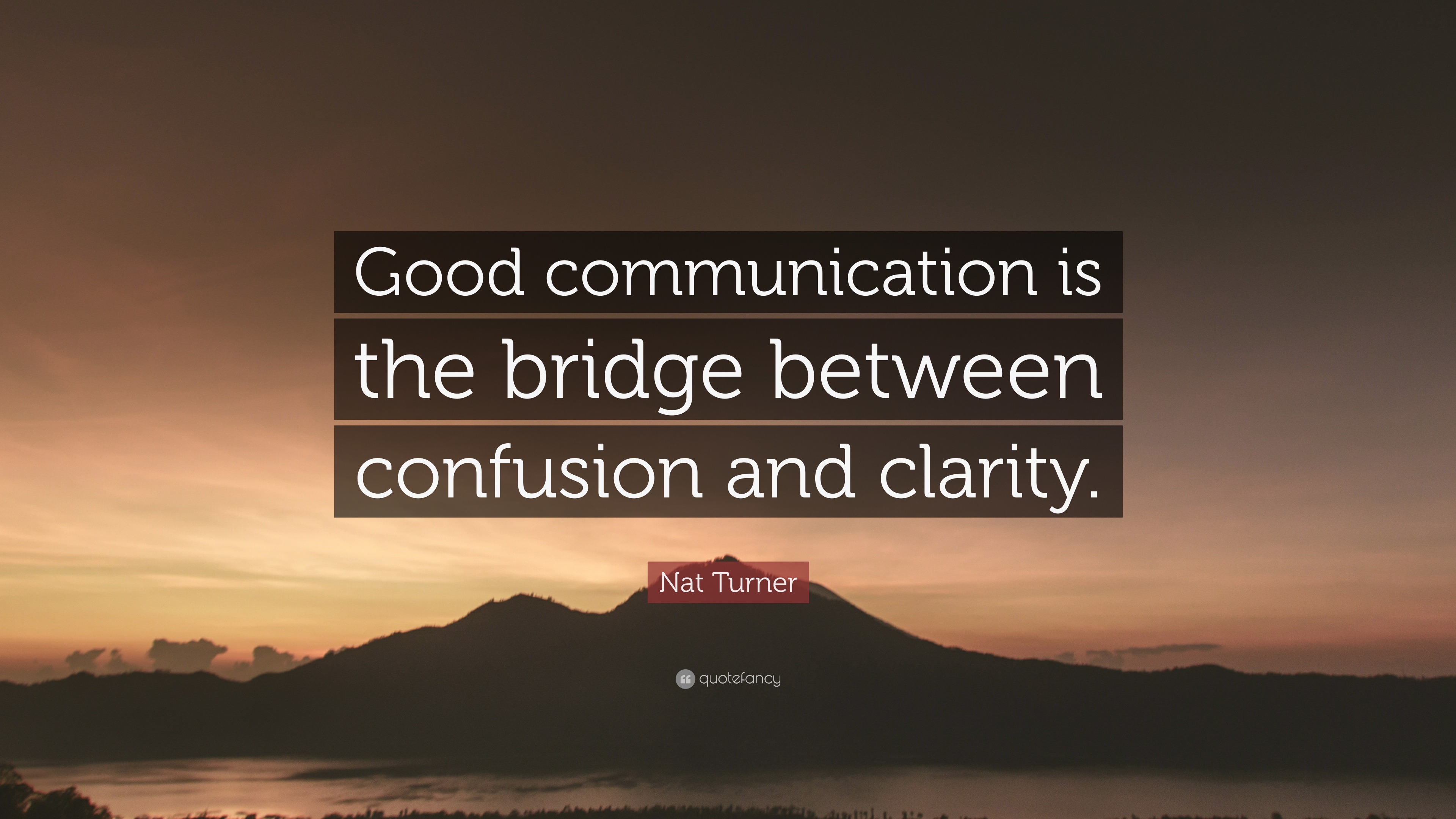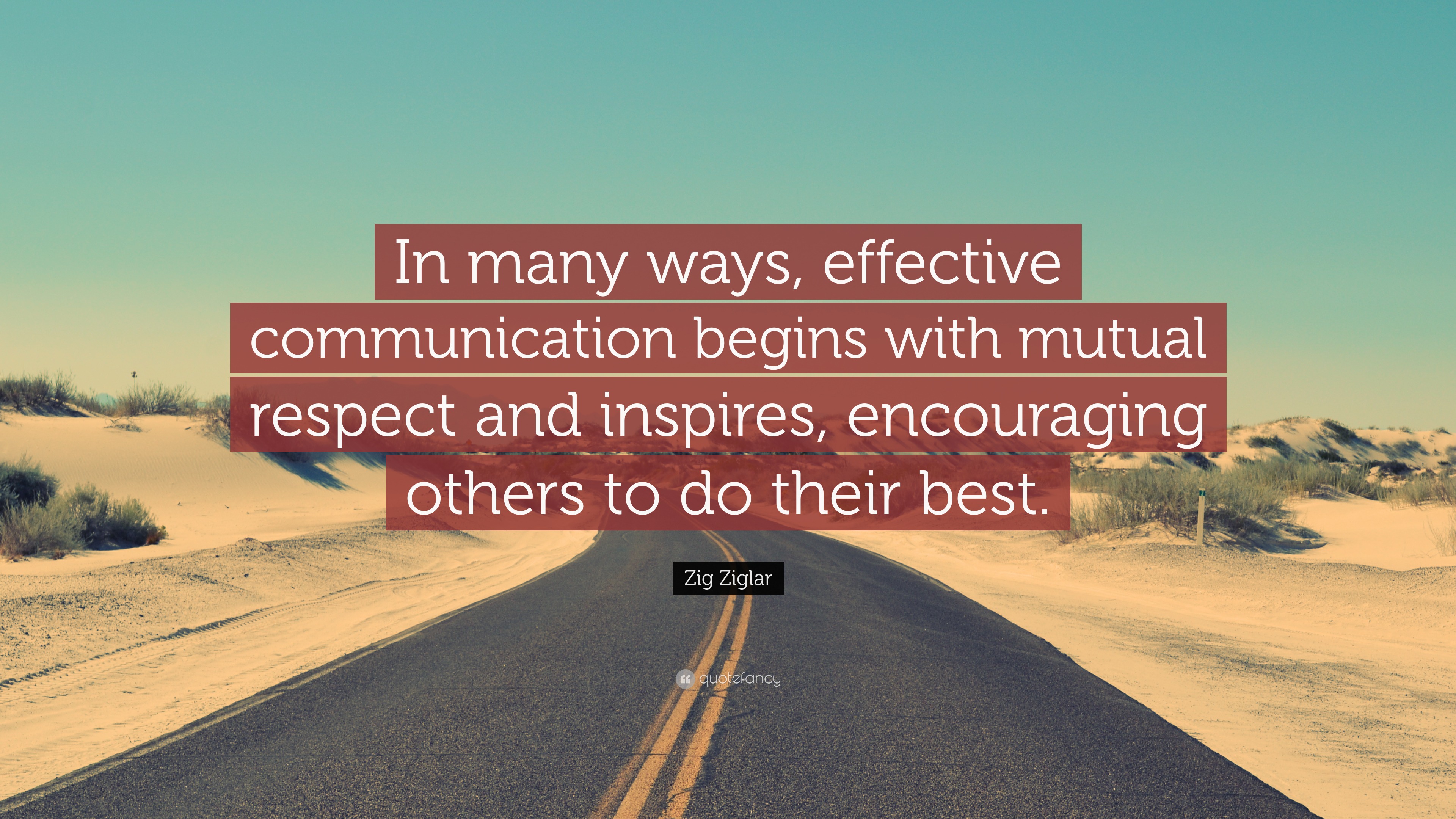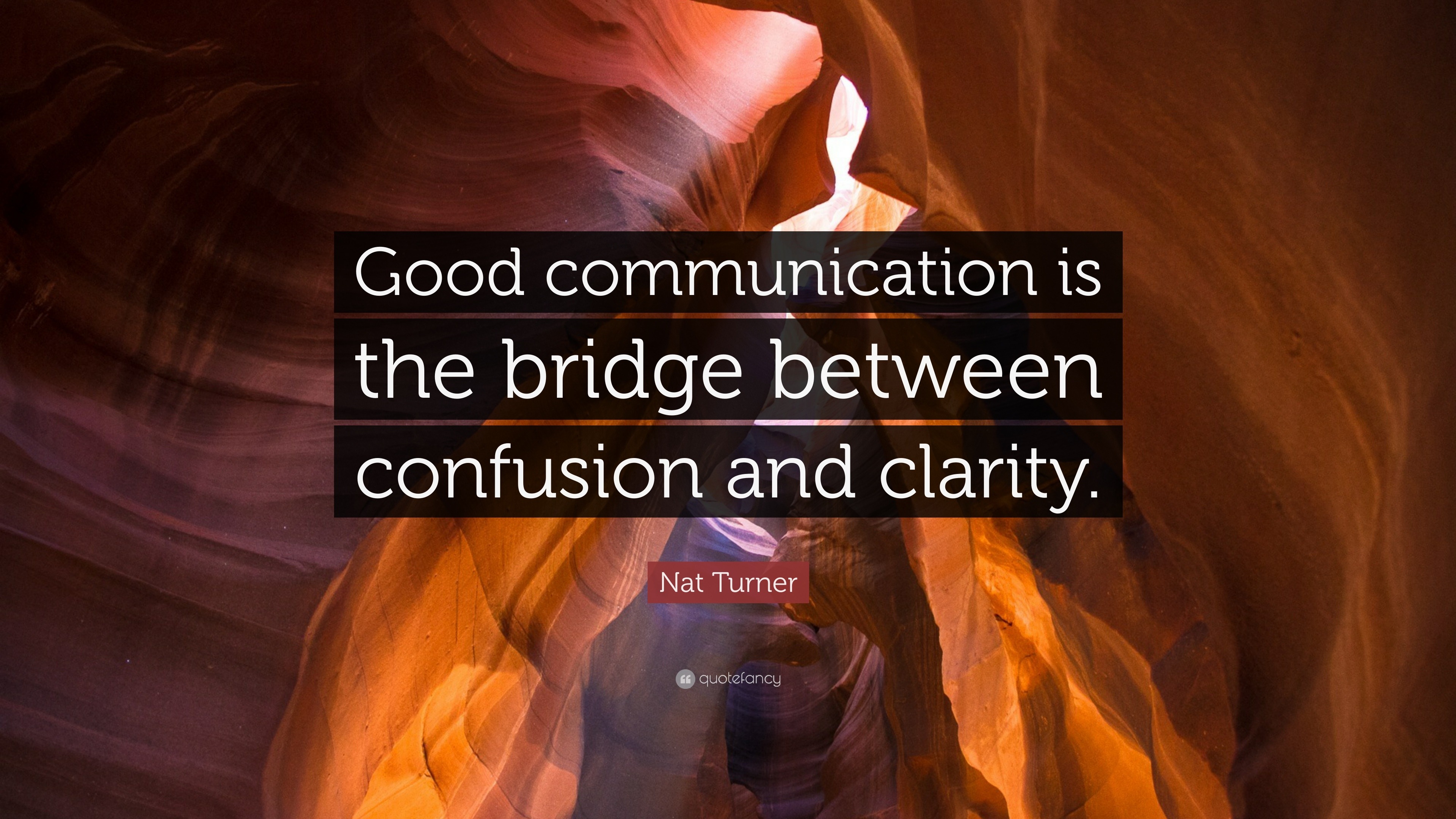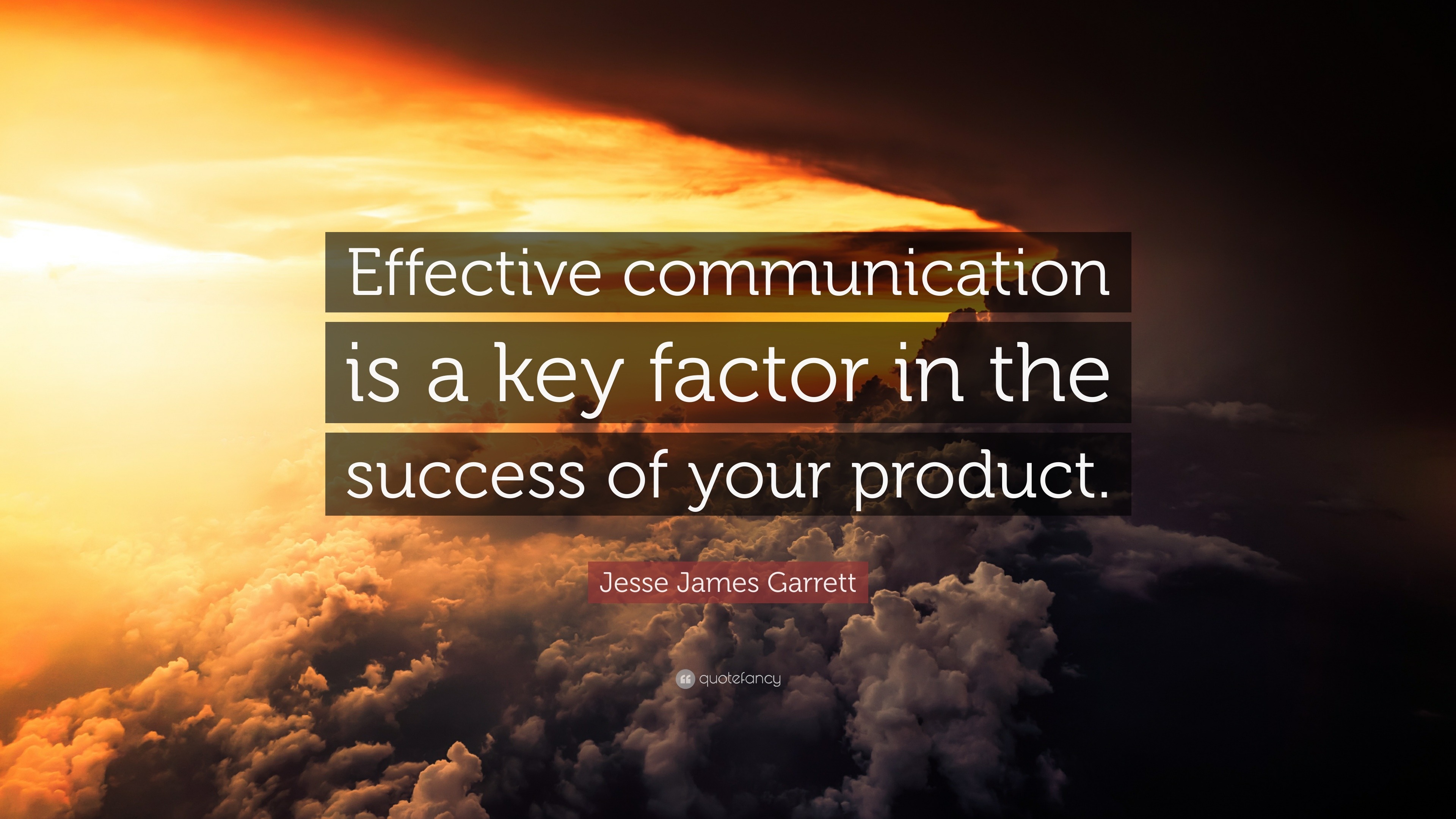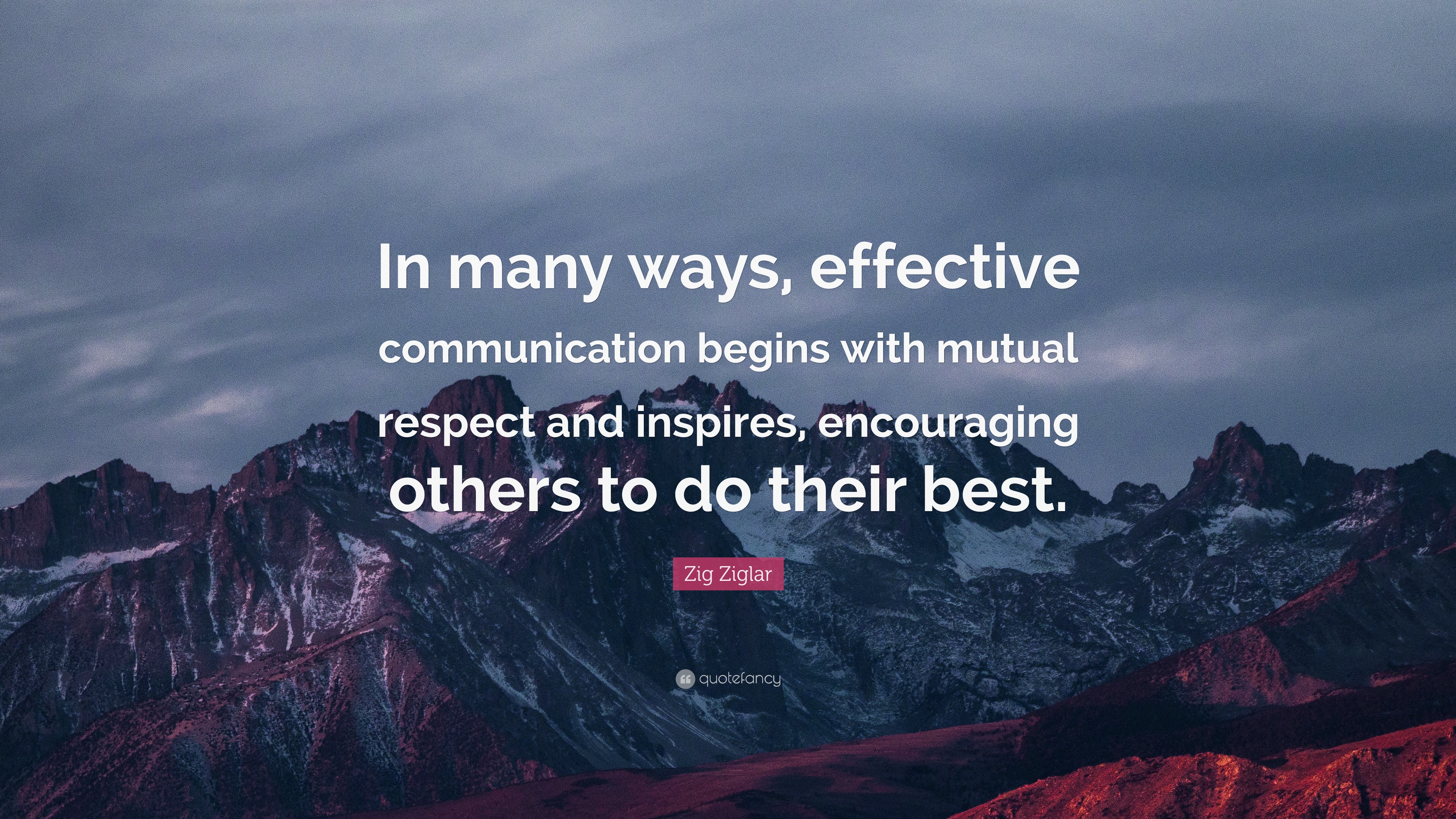Quotes About Effective Communication
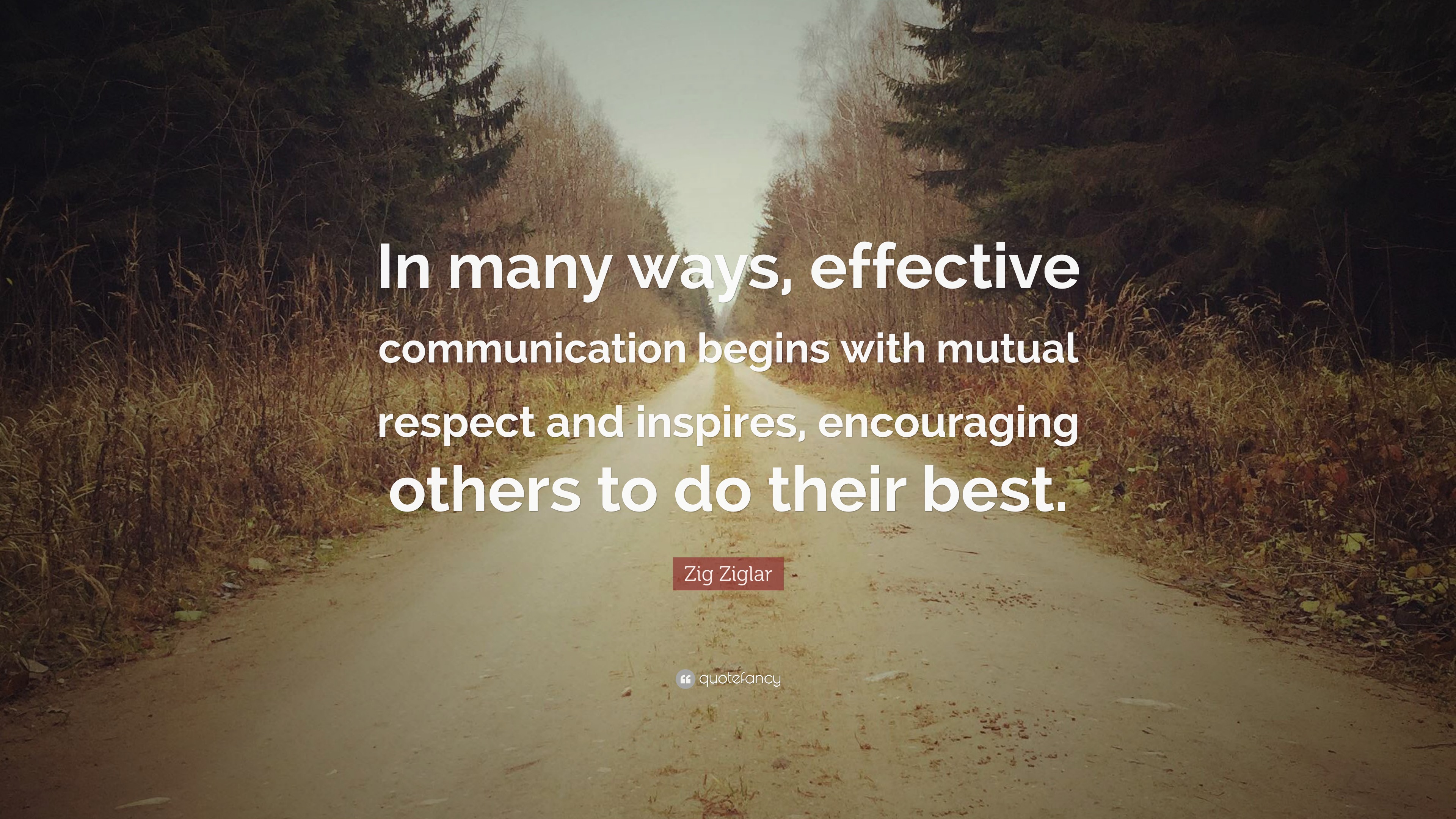
Imagine a world where misunderstandings melt away like morning mist, replaced by clarity and connection. Where every conversation builds bridges instead of walls, and every interaction leaves you feeling understood and valued. This isn't a utopian fantasy, but a potential reality fueled by the power of effective communication.
At its core, effective communication transcends mere words. It's about understanding, empathy, and the art of conveying your message in a way that resonates with your audience. The wisdom of ages, distilled into insightful quotes, offers a roadmap to navigate the complexities of human interaction and build stronger relationships in every facet of life.
Throughout history, leaders, thinkers, and artists have emphasized the critical role of communication. Their words, captured in poignant quotes, provide timeless lessons applicable to personal, professional, and societal growth. They remind us that communication is not just about speaking, but about listening, understanding, and connecting.
The Foundation: Listening and Understanding
Stephen Covey, author of "The 7 Habits of Highly Effective People," famously said, "Seek first to understand, then to be understood." This simple yet profound statement highlights the foundational importance of active listening in effective communication.
It’s about genuinely trying to see the world from another person's perspective before attempting to articulate your own. Without this understanding, your message, however eloquent, may fall on deaf ears.
Similarly, Carl Rogers, a prominent psychologist, emphasized the need for "empathic understanding." He believed that to truly connect with someone, you must strive to understand their thoughts, feelings, and experiences as if they were your own.
The Art of Clarity and Conciseness
Winston Churchill, known for his powerful speeches, once stated, "Short words are best, and the old words when short are best of all." This highlights the significance of clarity and conciseness in effective communication. Avoiding jargon and complex language ensures your message reaches a wider audience.
Brevity is not just about saving time; it's about respecting the listener's attention and ensuring the message is easily digestible. Abraham Lincoln's Gettysburg Address, a masterpiece of concise communication, perfectly illustrates this principle.
As Peter Drucker, a management consultant, observed, "The most important thing in communication is hearing what isn't said." This underlines the need to pay attention to non-verbal cues, such as body language and tone of voice, which can often convey more than words themselves.
Building Bridges: Empathy and Respect
"The single biggest problem in communication is the illusion that it has taken place," said George Bernard Shaw. This powerful quote reminds us that simply speaking or writing is not enough. True communication requires a shared understanding and a genuine connection between the parties involved.
Maya Angelou wisely stated, "People will forget what you said, people will forget what you did, but people will never forget how you made them feel." This emphasizes the emotional impact of communication and the importance of treating others with kindness and respect.
Beyond Words: The Power of Non-Verbal Communication
Effective communication involves more than just the spoken or written word. Non-verbal cues, such as facial expressions, body language, and tone of voice, play a crucial role in conveying meaning and building rapport. According to research, non-verbal communication accounts for a significant portion of the message received.
Paying attention to these cues can help you better understand the other person's feelings and intentions, leading to more meaningful and productive conversations. It's about being present, engaged, and attuned to the nuances of human interaction.
Effective communication is an ongoing journey of learning, adapting, and refining your skills. By embracing the wisdom of these timeless quotes and actively practicing empathy, clarity, and respect, you can unlock the power of connection and build stronger relationships in all areas of your life.
So, take these words to heart, and let them guide you on your path to becoming a more effective and compassionate communicator. The world needs more understanding, more empathy, and more people willing to bridge the gaps between us. Start with a conversation, and let the magic of connection unfold.
